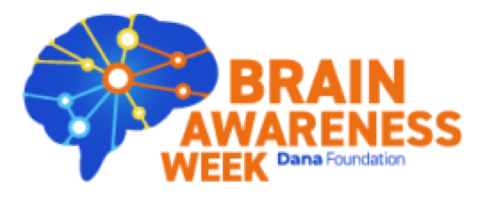
Mar 13, 2023
It is Brain Awareness Week this week (13 to 19 March) and we will be marking the occasion by sharing the importance of research in stroke by promoting EU-funded research projects that we are involved in.
Over the next few days, we will share news and insights into exciting stroke research in Europe.
Follow us on social media at @StrokeEurope (Twitter) and @SAFEStroke (Facebook), #BrainAwarenessWeek.
We will be highlighting three innovative projects:
- ANGIE – @ANGIE_h2020
- RESQ+ – @strokecareresq
- VALIDATE – @VALIDATEproject
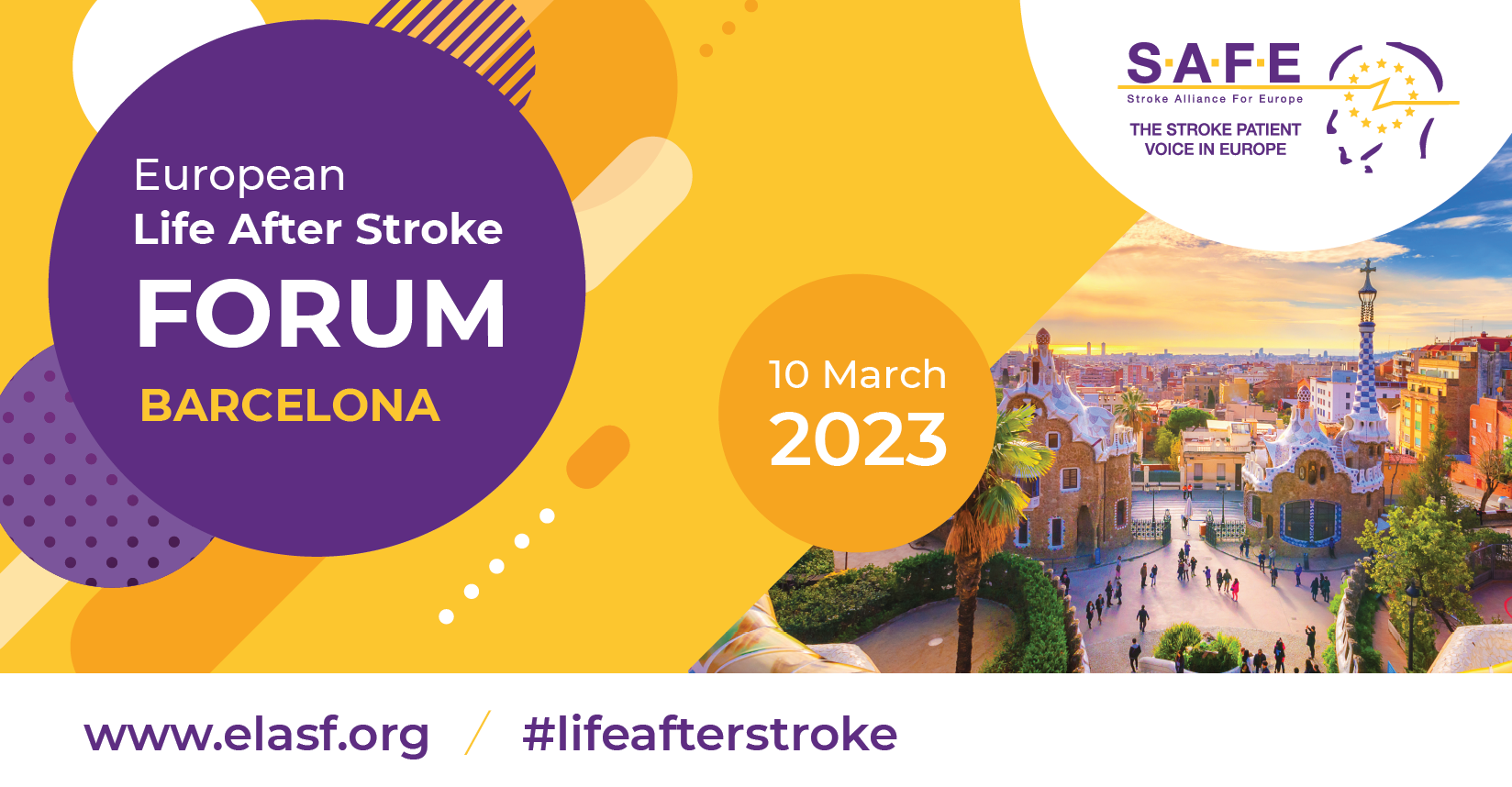
Feb 7, 2023
If you have not booked your place at our first European Life After Stroke Forum in Barcelona, watch this short clip to learn more about the event and why you should join us.
More information about the programme can be found at http://bit.ly/3GeAgvr
Register now at http://bit.ly/3UDIuli
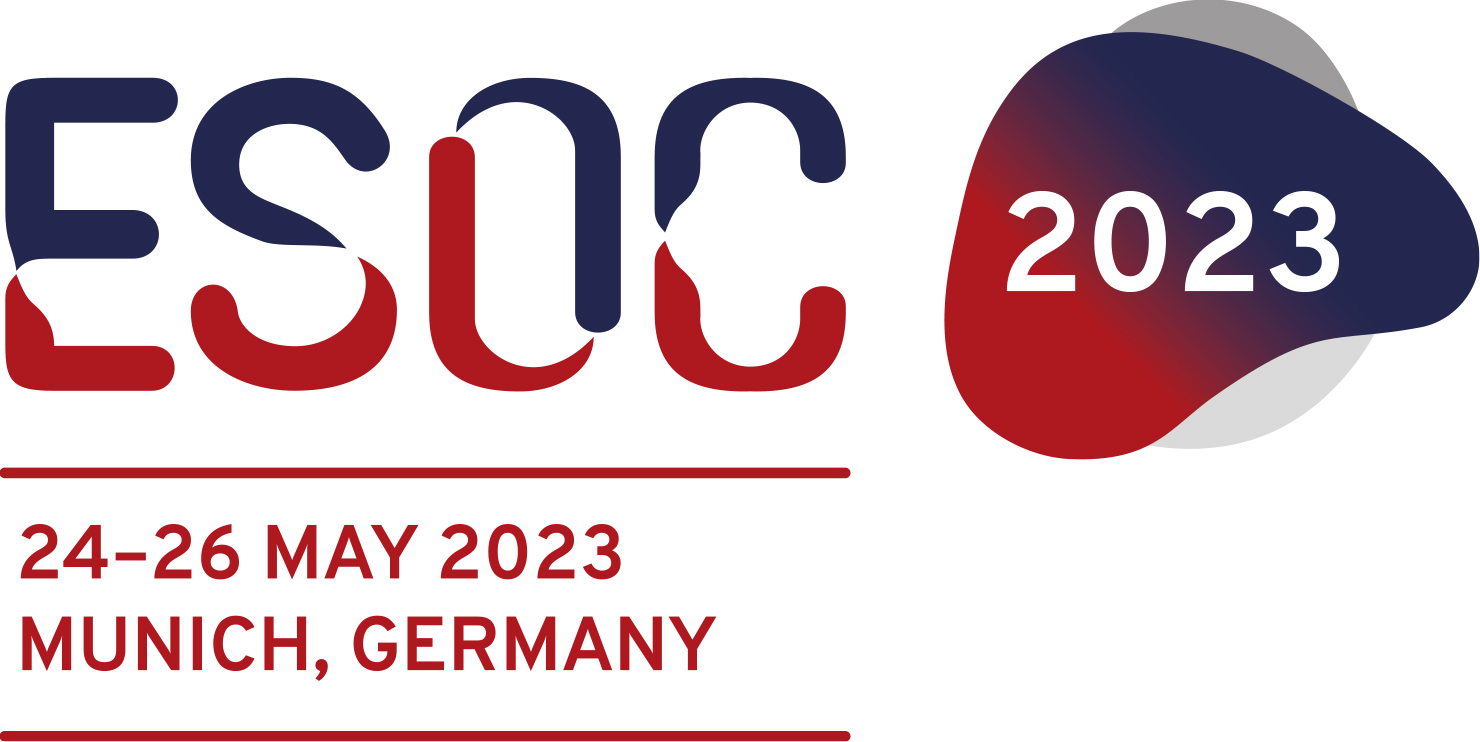
Feb 7, 2023
The European Stroke Organisation Conference (ESOC) is Europe’s leading forum for advances in research and clinical care of patients with cerebrovascular diseases.
ESOC 2023 has a high quality scientific programme, including major clinical trials, state-of-the-art seminars, educational workshops, scientific communications of the latest research, and debates about current controversies.
Share with your networks.
Promotional Toolkit
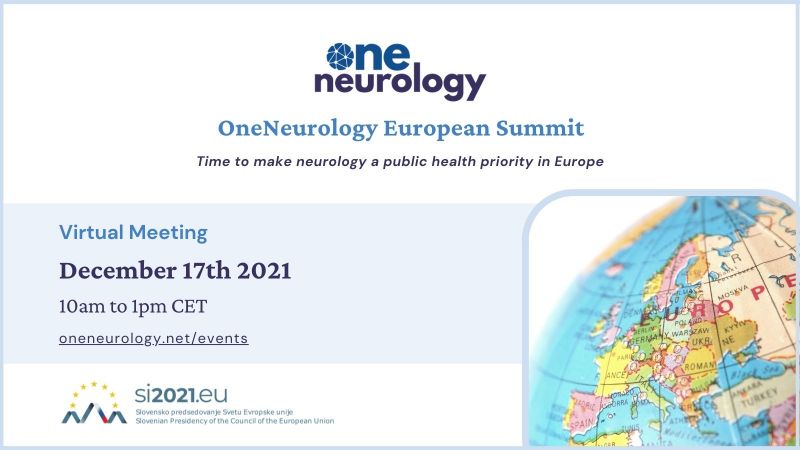
Dec 14, 2021
Registration is open for the virtual summit which will identify the best ways for an effective and coordinated implementation of the WHO global action plan on neurological disorders in Europe.
For more information and to register, visit this link and click on the pink ‘register now’ button which will take you to the event platform:
https://oneneurology.net/eu-summit/
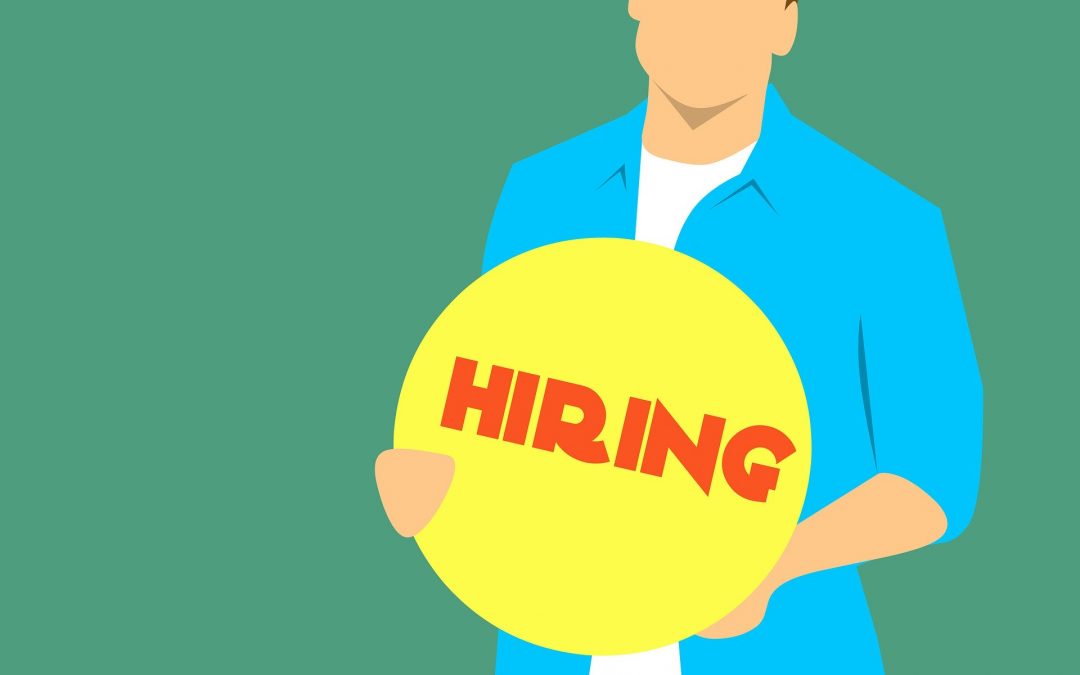
Jul 20, 2020
Less than five days to apply! We are looking for a communications officer on a fixed term basis. This is an exciting opportunity to join the struggle against stroke. Stroke is the number one cause of severe long-term disability in Europe and is the second biggest killer in the world. Join our team and share your passion for health and communications! With 35 members organisations across Europe, advocacy work at the EU, a European Life after Stroke conference to market and deliver in spring 2021 in Barcelona, and social media to maintain there is a lot of variety in this role and many innovative possibilities.
You will:
- be an integral member of our team
- have responsibility for delivery of key communications projects by producing exciting materials and content
- manage our digital communications: our websites, social media channels and email marketing.
The role
- Location: home based
- Self-employed, part time (flexible but minimum of 14 hours a week), 8-month contract, €13,500
- Deadline to apply midday, 24 July
- Interviews: via videoconference, Thursday 30 July and Friday 31 July
To apply
If you have any questions about the role, please do not hesitate to get in contact with Arlene Wilkie, Director General, arlene.wilkie@safestroke.eu.
To apply, please submit a covering letter, in English, on no more than two sides of A4 detailing how you fit the person specification outlined in the job description. Please also submit your CV and a completed equal opportunity monitoring form to arlene.wilkie@safestroke.eu.
The full job description and our equal opportunities form can be downloaded via the links below:
Note: we are not using an agency for recruitment purposes
Image by Mohamed Hassan from Pixabay
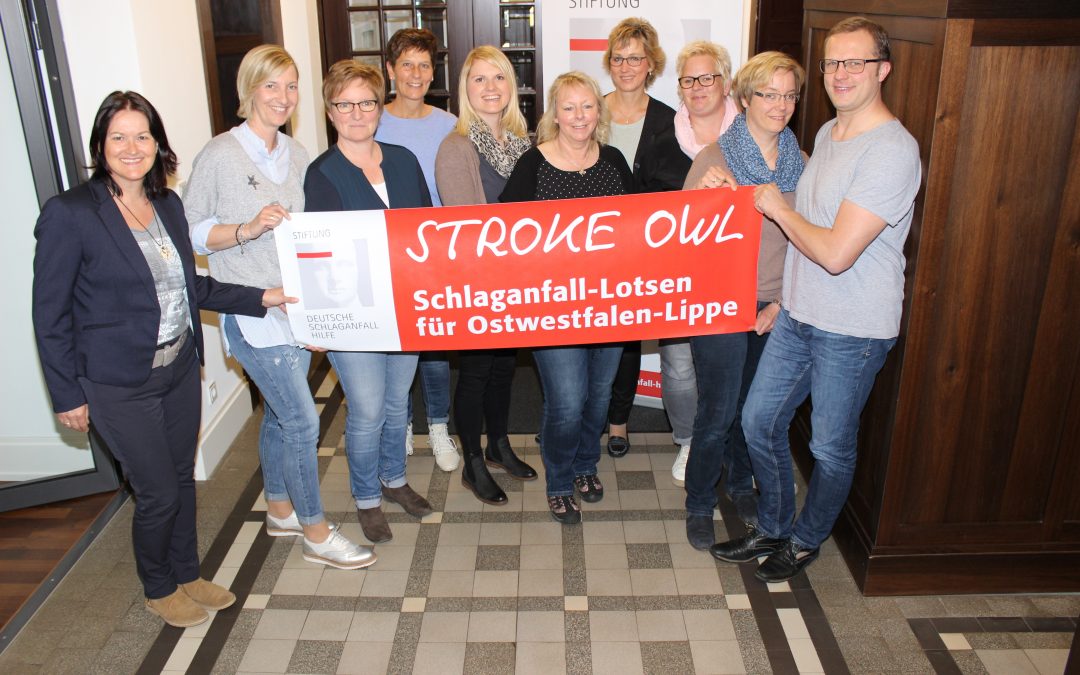
Jul 30, 2019
The celebrations of the 25th anniversary of the German Stroke Foundation officially ended on its birthday on January 29th 2019. Of course the work on many projects and events continues. Here are some examples.
New Case Manager for children with stroke
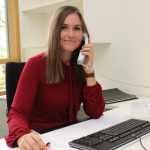 The second “Case manager for children with stroke” (Schlaganfall-Kinderlotsin) was installed at the beginning of the year. Franziska Schroll works at the Schön Clinic in Vogtareuth (Bavaria) and will support families with stroke-affected children in southern Germany. The foundation “RTL – We help children” finances the project for two years.
The second “Case manager for children with stroke” (Schlaganfall-Kinderlotsin) was installed at the beginning of the year. Franziska Schroll works at the Schön Clinic in Vogtareuth (Bavaria) and will support families with stroke-affected children in southern Germany. The foundation “RTL – We help children” finances the project for two years.
The case manager provides information about stroke and helps families to get all the treatments, therapies and social support they need. The other case manager, Marco Vollers, continues his work in Bremen and is responsible for the northern part of Germany.
Seminar for parents
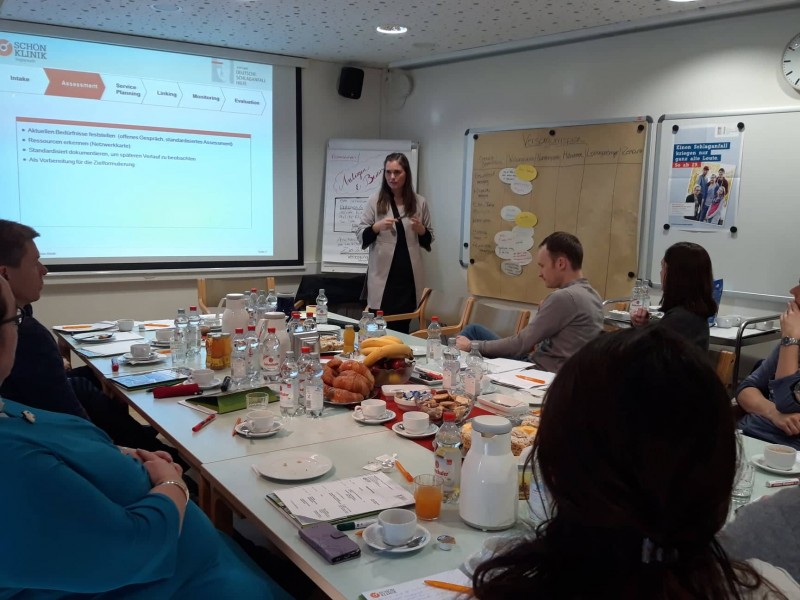
When a child has a stroke, the parents have many questions. Which therapy is best? Which lasting consequences will the stroke have? Will my child need special support at kindergarden or at school? How will the family cope with the difficult situation? Experts answered these questions at a seminar for parents. Parents had the chance to get general information about stroke and discuss their individual situation with doctors and therapists.
Stroke-scan “in jail”
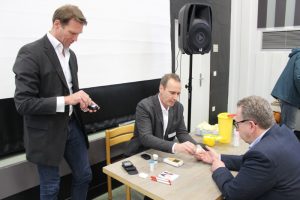
Many people have high blood pressure or diabetes and don’t know about it. This is why the German Stroke Foundation offers to scan the risk of stroke at work. At the beginning of the year the testing took place in a very special location: in jail.
Jail-employees had the chance to test their risk of stroke and discuss stroke prevention. Alexander Leipold, former professional wrestler and ambassador of the foundation, talked about his rehabilitation and motivation after the strokes.
Workshop for leaders of self support groups
The foundation offers workshops for leaders and spokespersons of self support groups. In 2019 they took place in Hamburg, Halle and Zwickau. The participants learn for example about new laws, how to finance their group, how to use social media and discuss many questions. The workshops help them to be up to date and pass important information on to the other group members.
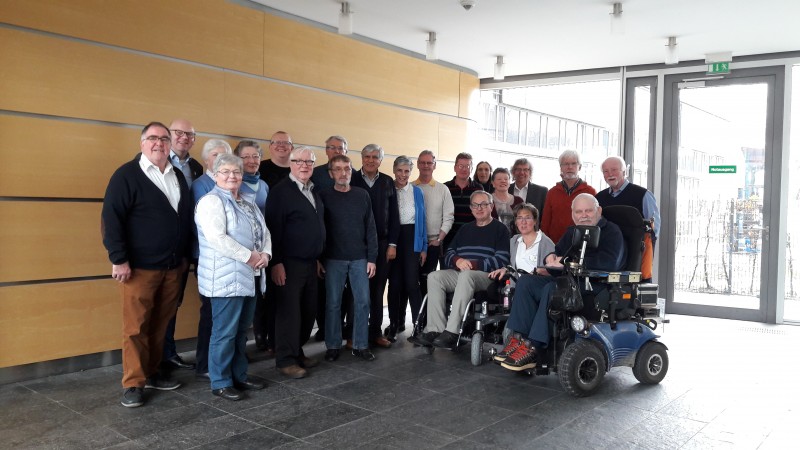
Case Management Symposium
The project “STROKE OWL” is continuing successfully. Professional case managers support stroke survivors in the region Ostwestfalen-Lippe (OWL = East part of Westphalia covering 2 million inhabitants) for one year.
With this project the foundation wants to proof that a close support after the stroke can improve the quality of life of stroke patients and reduce the risk of further strokes. 1,5 years into the project the foundation organised a symposium for case management experts to discuss the outcomes and challenges to date.
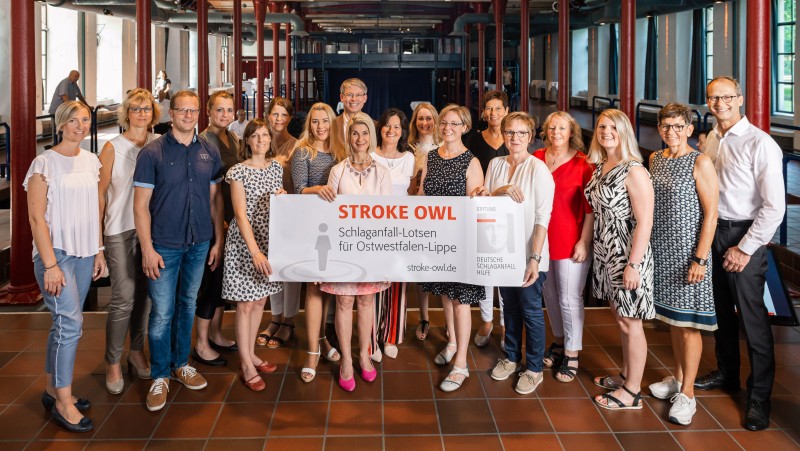
Stroke in daily soap
“Unter uns”, a popular German daily soap on RTL-television, picked up stroke as a topic in the storyline. One of the main characters gets a stroke and suffers from paralysation and aphasia afterwards. The foundation supported and advised the crew. Actors visited the foundation and spoke to stroke patients to prepare for their roles and employees of the foundation gave advice on the script.
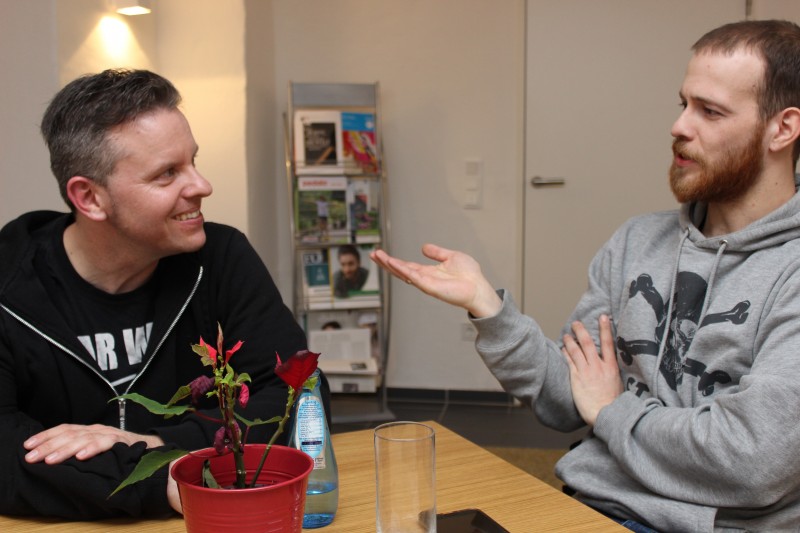
Photo: Stroke survivor Sascha Stachorra (left) helps actor Patrick Müller to prepare for his role.
Volunteer stroke-helpers
Volunteer stroke helpers support stroke survivors in their every day life. For example they get groceries together, accompany them for a walk or play board games. More and more people are interested in working as a volunteer in this field. This is why the foundation supports courses of instructions all over Germany. Local partners help organising the project, which is now offered in twelve regions.
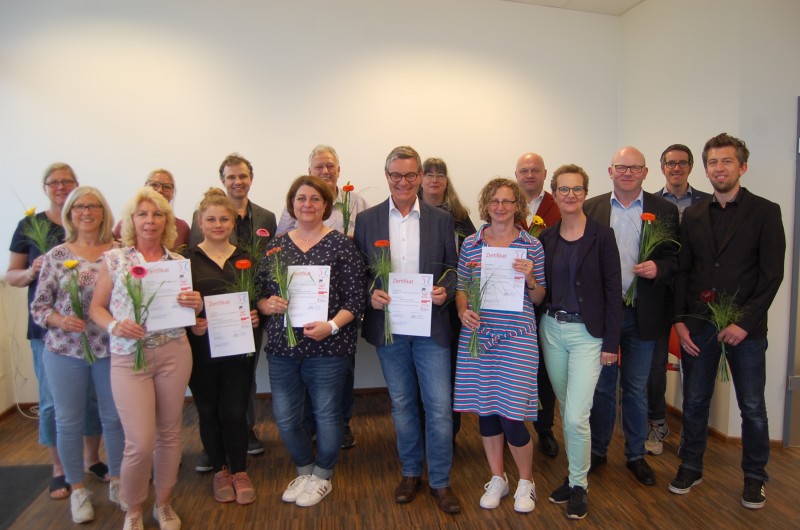
Day against stroke
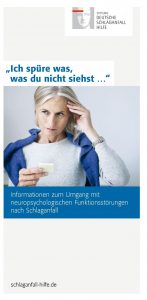 The national “Day against stroke” on May 10th is one of the most important days for communication about stroke related topics. The motto in 2019 “I feel something you can’t see…” is based on the German name of the child’s game “I spy with my little eye.”
The national “Day against stroke” on May 10th is one of the most important days for communication about stroke related topics. The motto in 2019 “I feel something you can’t see…” is based on the German name of the child’s game “I spy with my little eye.”
Main goal was to focus on the unseen consequences of stroke like difficulties to recall information or to concentrate, neglect, visual field fail and emotional changes. Many newspapers, TV- and radio stations reported about the topic and it was successfully spread across social media. #Taggegendenschlaganfall (#dayagainststroke) made it into the top 10 hashtags on twitter in Germany for the first time.







 The second “Case manager for children with stroke” (Schlaganfall-Kinderlotsin) was installed at the beginning of the year. Franziska Schroll works at the Schön Clinic in Vogtareuth (Bavaria) and will support families with stroke-affected children in southern Germany. The foundation “RTL – We help children” finances the project for two years.
The second “Case manager for children with stroke” (Schlaganfall-Kinderlotsin) was installed at the beginning of the year. Franziska Schroll works at the Schön Clinic in Vogtareuth (Bavaria) and will support families with stroke-affected children in southern Germany. The foundation “RTL – We help children” finances the project for two years.





 The national “Day against stroke” on May 10th is one of the most important days for communication about stroke related topics. The motto in 2019 “I feel something you can’t see…” is based on the German name of the child’s game “I spy with my little eye.”
The national “Day against stroke” on May 10th is one of the most important days for communication about stroke related topics. The motto in 2019 “I feel something you can’t see…” is based on the German name of the child’s game “I spy with my little eye.”


